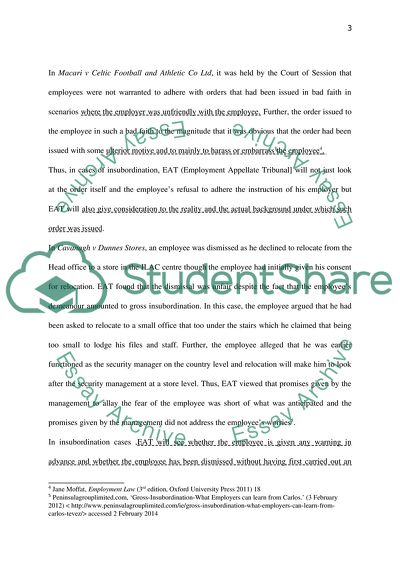Cite this document
(“Employment law Essay Example | Topics and Well Written Essays - 2000 words - 2”, n.d.)
Employment law Essay Example | Topics and Well Written Essays - 2000 words - 2. Retrieved from https://studentshare.org/law/1626505-employment-law
Employment law Essay Example | Topics and Well Written Essays - 2000 words - 2. Retrieved from https://studentshare.org/law/1626505-employment-law
(Employment Law Essay Example | Topics and Well Written Essays - 2000 Words - 2)
Employment Law Essay Example | Topics and Well Written Essays - 2000 Words - 2. https://studentshare.org/law/1626505-employment-law.
Employment Law Essay Example | Topics and Well Written Essays - 2000 Words - 2. https://studentshare.org/law/1626505-employment-law.
“Employment Law Essay Example | Topics and Well Written Essays - 2000 Words - 2”, n.d. https://studentshare.org/law/1626505-employment-law.


